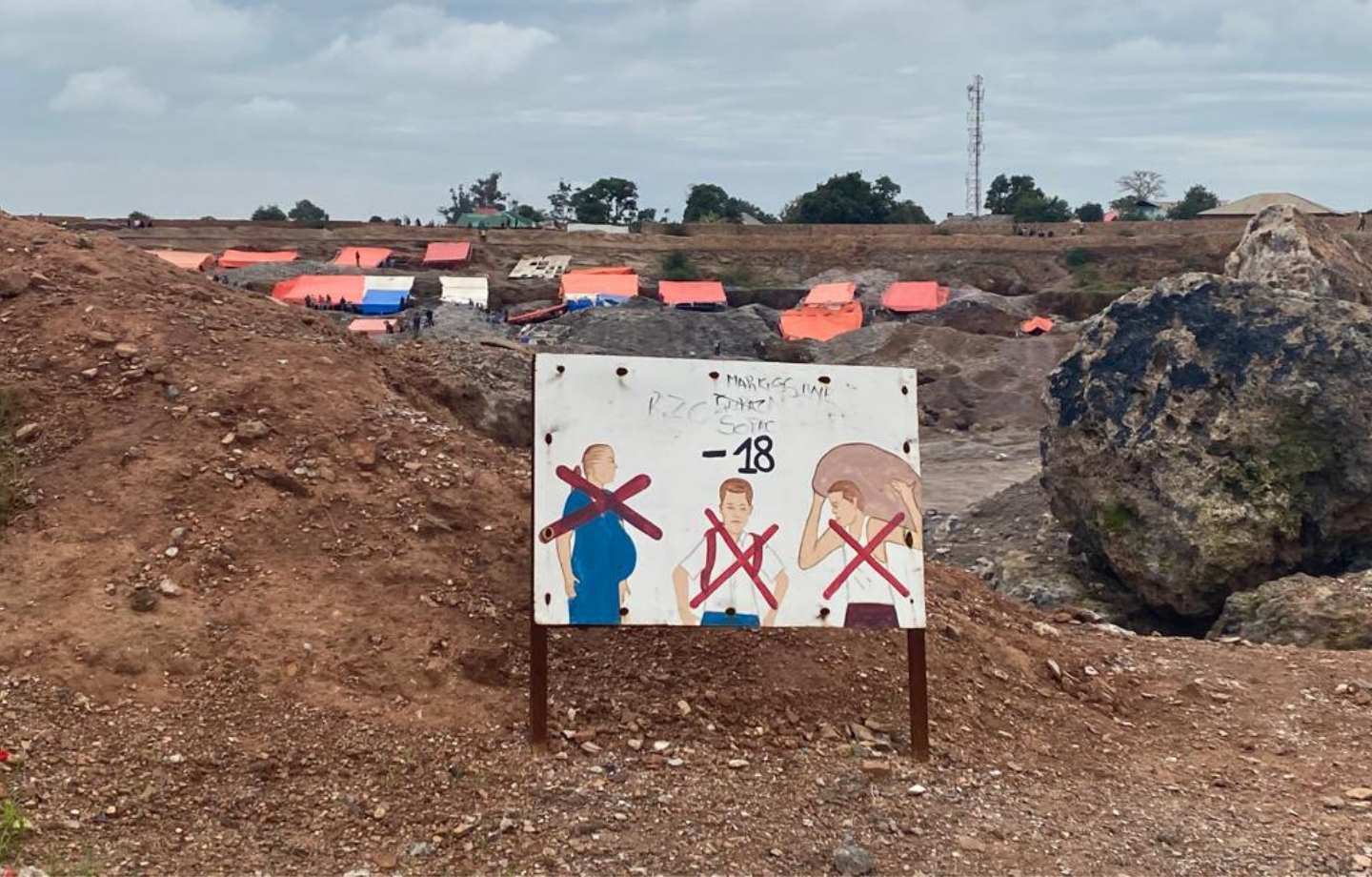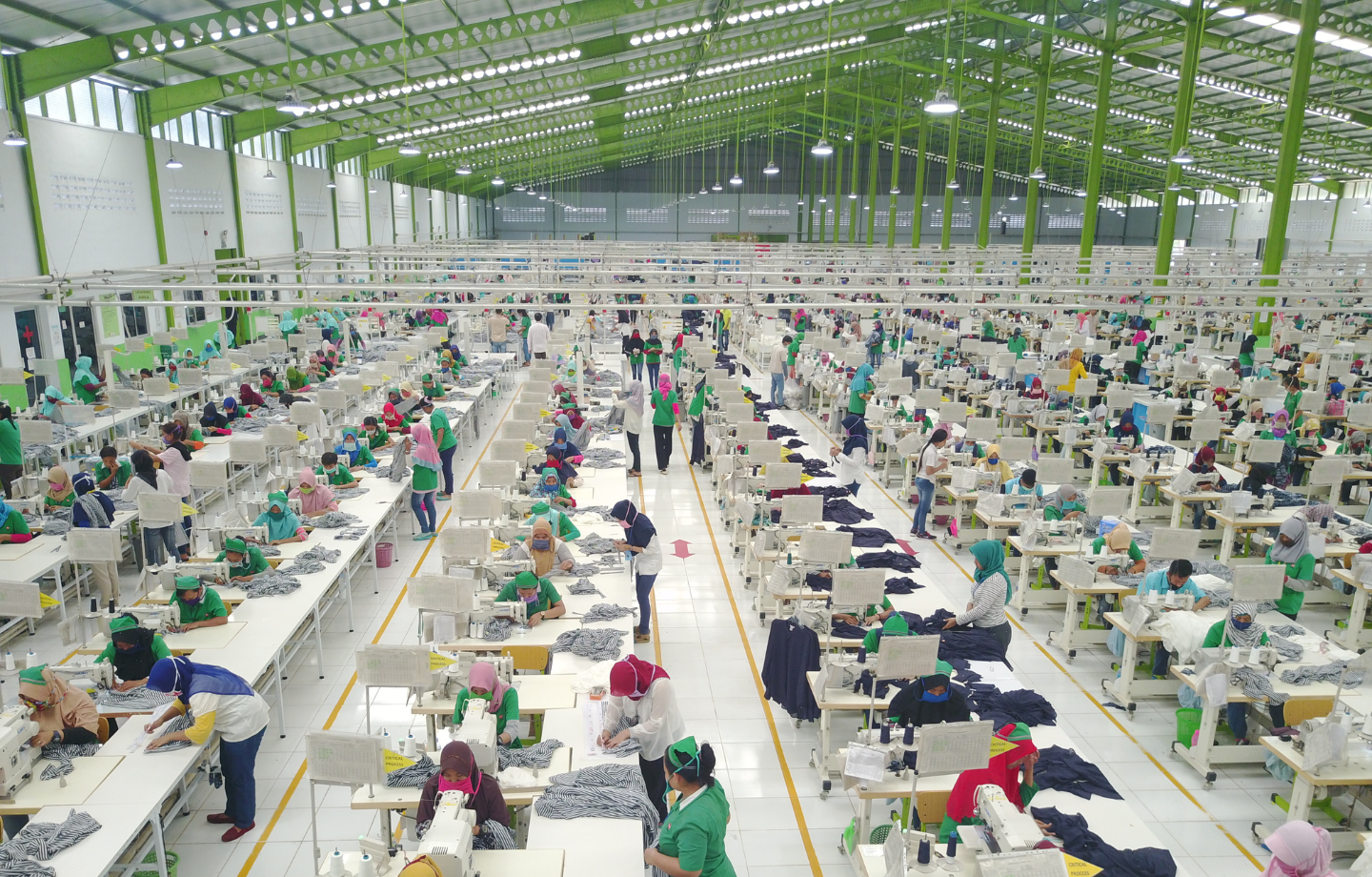Indirect Sourcing in the Apparel Industry: the Norm Rather than the Exception?

February 23, 2015
A new report on the apparel business in the UK from the University of Leicester concludes that unauthorized subcontracting is a standard practice in UK apparel manufacturing. The report, “New Industry on a Skewed Playing Field: Supply Chain Relations and Working Conditions in UK Garment Manufacturing,” concludes that “unauthorized subcontracting occurs in established firms and is part of mainstream practices.” These findings correspond with the Center’s research on indirect sourcing in Bangladesh and reveal the widespread nature of the practice, even in Europe.
In Bangladesh, the so-called governance gap is indisputable. Corruption levels are soaring and government labor inspections are either non-existent or ineffective. The UK, in contrast, has a well-regulated labor market with active unions and functioning oversight mechanisms. Nevertheless, there is ample evidence that unauthorized subcontracting continues to occur, even in the UK.
The report by Leicester University, for example, refers to a buyer whose supplier allegedly offered a compliant factory price as well as a non-compliant factory price. The researchers conclude that the “pressures within the Fast Fashion value chain as well as the opportunities that regulatory gaps offer” drive such practices.
The fact that similar oversight problems exist in the UK and Bangladesh (and probably in other apparel producing countries) shows that closing governance gaps in this industry requires government action but also changes in the sourcing models of major brands.
The Ethical Trading Initiative (ETI) commissioned the report by Leicester University. Many of ETI’s members source from the apparel hub around Leicester, as well as from Bangladesh. For the brands to effectively oversee and remedy workers’ rights issues in either location will require a coordinated strategy that includes the following elements:
- Strengthen government regulation
- Promote labor-management cooperation and bargaining
- Raise the capacity of suppliers to operate in a legally compliant manner
- Conduct independent assessments of human and labor rights and working conditions
- Adapt sourcing practices to ensure that they do not drive non-compliance
 Global Labor
Global Labor


